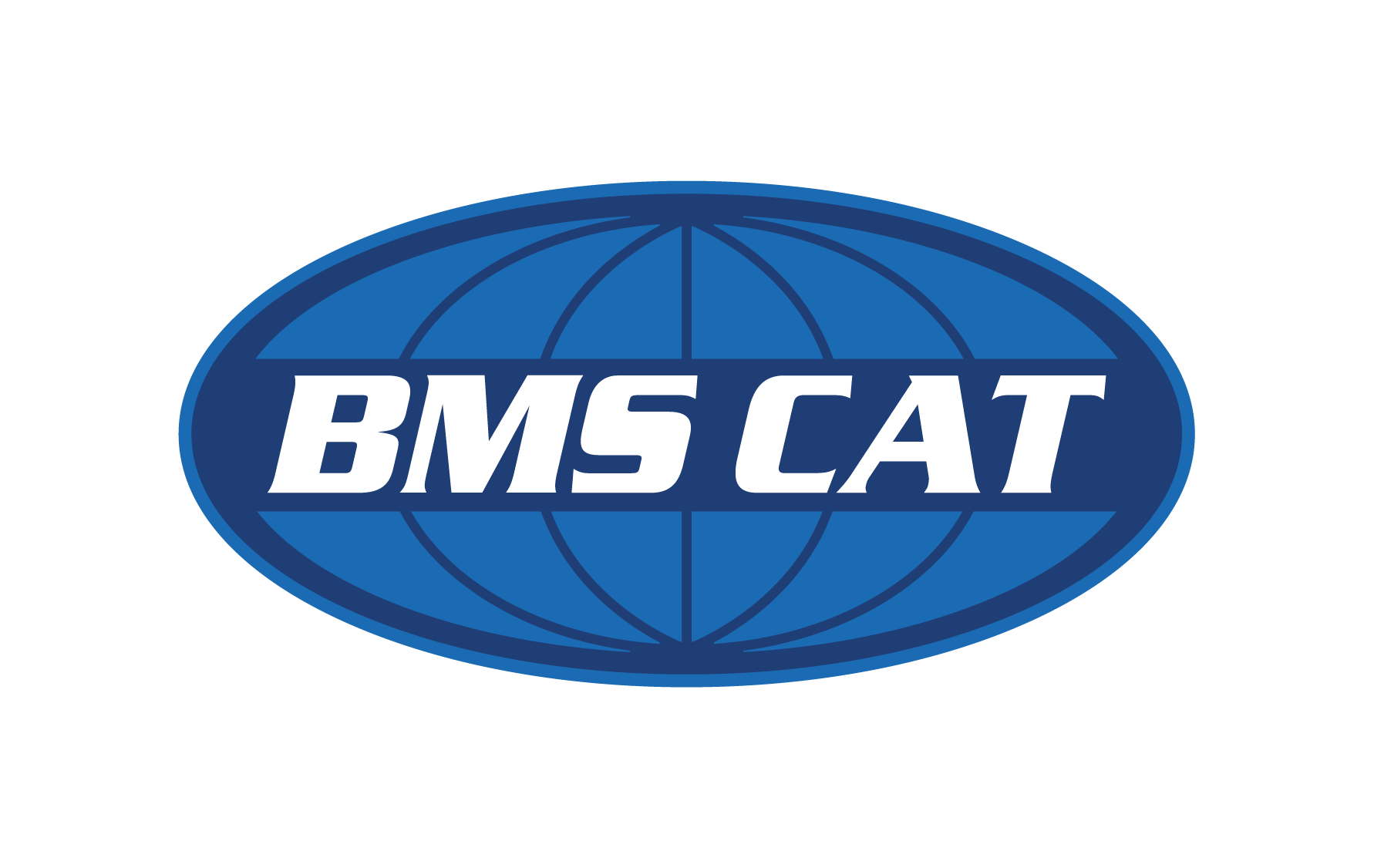Knowing what to do in an emergency situation can save time and reduce recovery costs. In all instances, make sure you contact a professional restoration company and your insurance company as soon as you possibly can. Any delays can result in additional damage to your property and belongings. Do not take the following actions unless it is safe to do so.
Fire & Smoke Damage
- Do not walk on damaged carpet or sit on upholstered furniture unless absolutely necessary.
- Change the HVAC filter (furnace) if the blower is operating.
- Do not attempt to wipe or wash walls or other absorbent/porous surfaces.
- Do not consume any food items exposed to smoke or excessive heat.
- Open windows for ventilation.
- Do not use any electronics or appliances until they have been cleaned and/or checked.
Water Damage
- If you can’t stop the flow of water, contact a plumber immediately, or call us to recommend one in your area.
- If possible, keep the indoor temperature below 70 degrees. This helps prevent microbial growth.
- Place foil or plastic below furniture legs to prevent rust or furniture stains on flooring.
- Turn off the electricity to any affected rooms.
- Place draperies through coat hangers and hang them on the rod to prevent water circles.
- Be extremely careful on wet, slippery floors.
- Remove items from the floor in affected closets.
- Remove breakable items from furniture that will need to be moved.
- Remove oriental or area rugs from wet carpet.
- Do not use a vacuum as this may cause an electrical shock.
- Try not to walk on wet carpeting as this may spread water to unaffected areas.
Sewage Back flow
- For safety, do not enter the affected area until it has been decontaminated.
- Do not attempt to clean any of the affected areas for health and safety reasons.
- If you absolutely must handle contaminated materials, wear rubber gloves.
- If possible, leave the premises until after cleanup and decontamination.
Mold Damage
- Stop the source of water intrusion, if possible.
- Call an Industrial Hygienist to have the growth evaluated, or call us for a reliable recommendation of one in your area.
- Do not disturb the growth. This may cause spores to become air borne and spread to unaffected areas.
- Turn off fans and HVAC systems. Air flow may disturb mold growth and cause spores to become air borne and contaminate other areas.
- If possible, close off the area until a qualified inspection technician arrives.
- By law, our technicians cannot tell you whether the growth is mold, only an Industrial Hygienist can do so. While results are being processed, keep the affected area closed off as much as possible.



